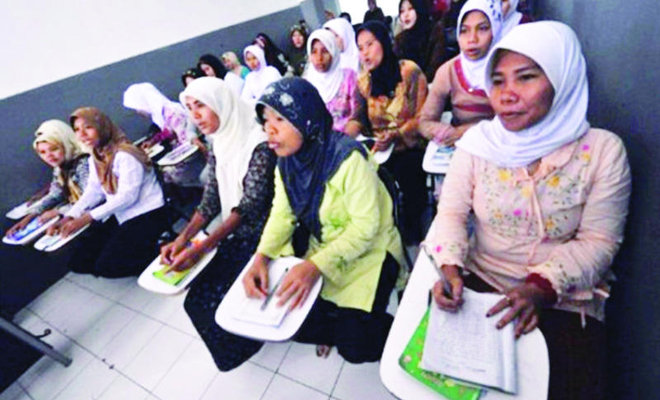In February, Somalia announced plans to send an estimated 50,000 workers yearly to the Kingdom of Saudi Arabia. Currently, this plan is awaiting approval from both countries. Recently, Somalia announced that it would send between 600 and 1,000 domestic workers to the kingdom just ahead of the start of the month of Ramadan. Migrant workers in Saudi Arabia represent 99.6 percent of all domestic workers and already work an average of 63.7 hours worked per week. Whereas work hours for residents of the Gulf Cooperation Council (GCC) are shortened to five to six hours per day during Ramadan, domestic workers’ hours increase to meet the demands of the month. Researchers found that the number of runaway domestic workers reaches its peak during this month due to the overwhelming amount of extra work.
In Saudi Arabia, widespread reporting shows that employers routinely violate migrant workers’ rights. The risk of abuse and exploitation increases for domestic workers who remain isolated due to their work in private homes. The kafala (visa sponsorship) system legally ties the employee to his or her employer and puts the individual at greater risk for human rights violations. Employers often confiscate domestic workers’ passports upon their arrival, thereby impeding their ability to leave an abusive environment. During Ramadan, domestic workers are often required to work longer hours due to preparation for large iftar meals. One domestic worker reported Fridays during Ramadan “were the worst” as there would be large family gatherings and she would not finish until 1:00 AM.
While the Somalian Deputy Labor Minister affirmed that its embassy in Saudi Arabia will register all new arrivals and stay in contact with them, the risk of violations and abuse remain. The kingdom has done little to abolish the repressive kafala system and provide legal protections to migrant workers. Saudi Arabia has not adopted the International Labor Organization (ILO) Convention for Decent Work for Domestic Workers. The country’s failure to ensure legal protections for domestic workers leaves them susceptible to psychological, physical, or sexual abuse. Ramadan is supposed to be a month of spiritual growth, charity, and community building. Domestic workers are often excluded from these aspects and may even suffer greater abuse. Saudi Arabia must take steps to protect the rights of domestic workers especially during the month of Ramadan.
Mobashra Tazamal is an Advocacy Fellow at ADHRB





